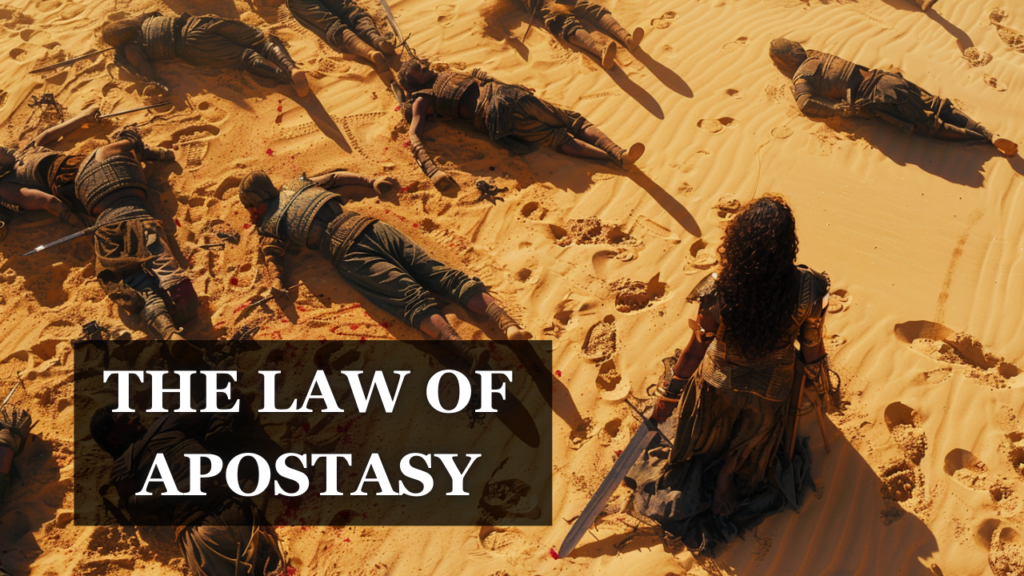In Islamic discourse, few topics are as sensitive as the question of racial equality. While the Quran repeatedly emphasizes that righteousness alone determines one’s standing before God, some classical scholars presented alternative views that have influenced Islamic thought for centuries. Perhaps the most notable of these scholars is Ibn Taymiyah (1263-1328 CE), whose writings on Arab superiority raise significant questions when examined alongside clear Quranic teachings on human equality.
Ibn Taymiyah’s Position on Arab Superiority
Ibn Taymiyah, in his work “The Requirement of the Straight Path for Opposing the People of Hellfire,” dedicates an entire chapter to establishing what he considers the divinely ordained superiority of Arabs over non-Arabs. What makes his position particularly significant is that he attributes this belief not merely to himself but to the mainstream Sunni consensus.
“What the people of Sunnah and the community (Ahl al-Sunnah wa’l-Jamā’ah) hold is the belief that the Arab race is superior to the non-Arab races—be they Hebrews, Syriacs, Romans, Persians, or others.” Vol. 1 page 419
This statement is remarkable not only for its content but because it frames Arab superiority as orthodox Islamic doctrine rather than a contested personal opinion. Ibn Taymiyah further elaborates a hierarchical structure where Arabs are superior to all non-Arabs, Quraysh are superior to other Arabs, Banu Hashim are superior to other Quraysh, and the Prophet Muhammad sits at the apex of this ethnic pyramid.
Most significantly, Ibn Taymiyah insists that this superiority is inherent and not merely a reflection of the Prophet’s lineage:
“And the superiority of the Arabs, then of Quraysh, then of Banu Hashim, is not merely because the Prophet (peace be upon him) was from among them—though that is part of their virtue—but rather, they are inherently the best in and of themselves.” Vol. 1 page 420
He goes so far as to label those who reject Arab superiority (the Shu’ubiyyah movement) as heretical innovators:
“We do not adopt the view of the Shuʿūbiyyah and the base-born mawālī (clients or non-Arab converts) who do not love the Arabs and do not acknowledge their virtue—for their view is an innovation (bidʿah) and contrary to the truth.” Vol. 1 page 421
The Quranic Foundation of Human Equality
When we turn to the Quran, however, we find a fundamentally different message—one that unequivocally establishes human equality regardless of ethnic or racial background. The most direct contradiction to Ibn Taymiyah’s position comes from Surah Al-Hujurat:
“O people, we created you from the same male and female, and rendered you distinct peoples and tribes, that you may recognize one another. The best among you in the sight of God is the most righteous.” (Quran 49:13)
This verse establishes several principles that directly contradict Ibn Taymiyah’s framework:
- All humans share a common origin
- Ethnic and tribal distinctions exist for mutual recognition, not hierarchy
- The criterion for superiority in God’s sight is righteousness
The Quran repeatedly emphasizes that human diversity is a divine sign to be appreciated rather than a basis for establishing superiority:
“Among His proofs is the creation of the heavens and the earth, and the variations in your languages and your colors. In these, there are signs for the knowledgeable.” (Quran 30:22)
Point-by-Point Contradictions
On the Basis of Superiority
Ibn Taymiyah: Arabs are “inherently the best in and of themselves” by divine selection.
Quran: “The best among you in the sight of God is the most righteous” (49:13).
While Ibn Taymiyah bases superiority on ethnicity and lineage, the Quran establishes righteousness as the only valid measure of excellence. This contradiction is fundamental and cannot be reconciled without substantially reinterpreting one position or the other.
On the Purpose of Human Diversity
Ibn Taymiyah: Establishes a racial hierarchy with Arabs at the top, then narrowing down to specific Arab tribes.
Quran: Human diversity exists “that you may recognize one another” (49:13), presenting diversity as a means for mutual recognition and appreciation rather than hierarchical ordering.
On the Relationship Between Ethnicity and Faith
Ibn Taymiyah: “Love for the Arabs is faith, and hatred for them is hypocrisy.”
Quran: Faith is tied to belief in God and righteous deeds, as evidenced by numerous verses including: “Anyone who works righteousness, whether male or female, while believing, we will surely grant them a happy life in this world” (16:97).
On Divine Selection
Ibn Taymiyah: God specifically selected Arabs (especially Quraysh and Banu Hashim) as superior races.
Quran: The Quran presents itself as guidance “for all the people” (39:41), with no indication that any racial group has preferential status in receiving or interpreting divine guidance.
Let’s be clear—Ibn Taymiyah wasn’t some lone voice with unusual opinions on this matter. This idea of Arab superiority actually runs through centuries of Islamic scholarship. Many respected scholars wrote entire books dedicated to proving that Arabs were better than everyone else.
Ibn Qutaybah put together “The Virtue of the Arabs and a Note on Their Sciences,” while al-‘Iraqi wrote “The Path to Nearness in the Virtue of the Arabs.” Al-Haythami jumped on this bandwagon too with his own treatise about Arab excellence. Even in later centuries, scholars like Marʿī al-Karmī were still writing books with titles like “The Cast Gold on the Virtue of the Arabs and the Nobility of Knowledge over Lineage.” More recently, Shaykh Bakr Abu Zayd emphasized how special the Arabian Peninsula is in his book “The Unique Characteristics of the Arabian Peninsula.“
All these works aren’t just random opinions—they represent a long tradition where many scholars treated Arab superiority as an established religious fact. This perspective has shaped Sunni thinking to varying degrees throughout history. But when we look at the Quran’s crystal-clear message that virtue comes from righteousness, not ethnicity, this entire tradition deserves some serious re-examination.
It’s also important to note that Ibn Taymiyah himself was not arab, but rather of Turkish origin:

The chaotic intellectual climate into which Ibn Taymiyya was born was matched by the political uncertainty and fragmentation of his times.¹ Born in the city of Harran (located in current-day southeastern Turkey near the Syrian border) in the year 661/1263,² Ibn Taymiyya’s family fled southwest to Damascus in 667/1269 before the westward advance of the Mongols, who had reached the gates of northern Syria when Ibn Taymiyya was only six years old.
Greater Syria had fallen under the influence of petty amirs who, in their infighting and general ineptitude, proved incapable of mounting any credible resistance to the advancing Mongol armies, while Egypt—generally safe from the menace of a direct Mongol onslaught—was under the rule of the Baḥrī Mamluk dynasty.

